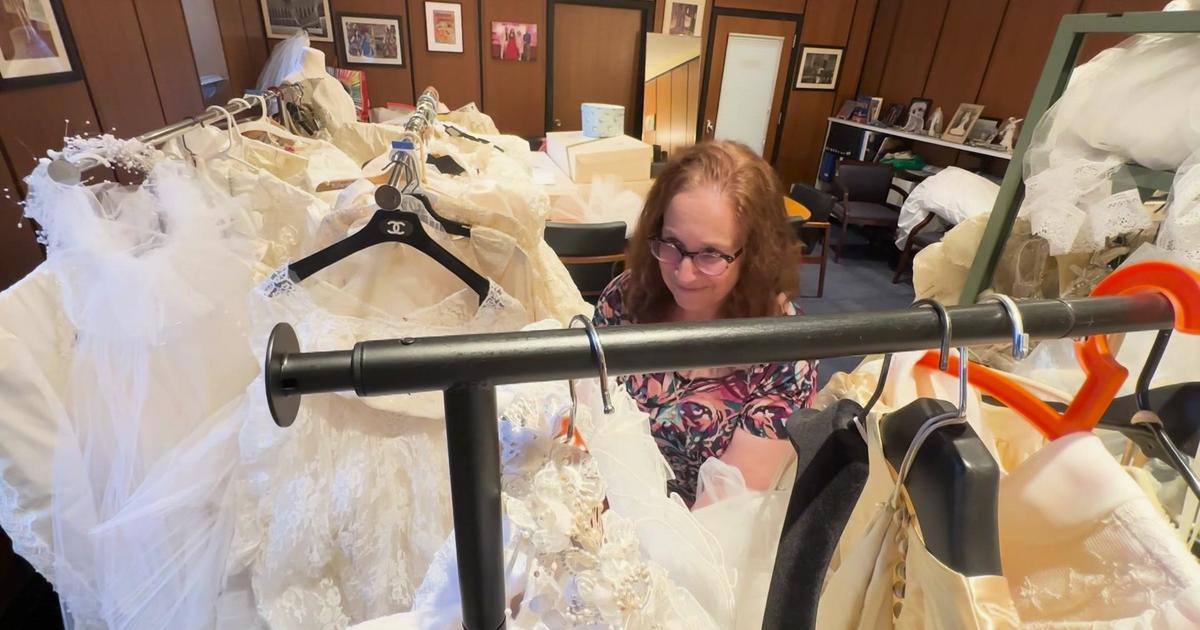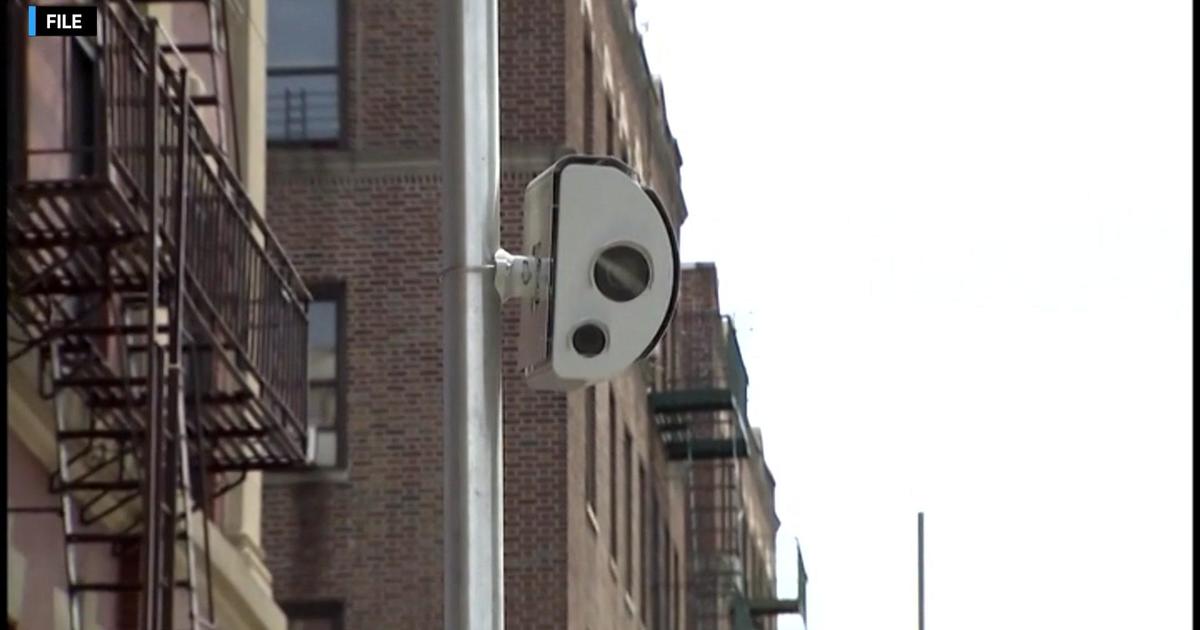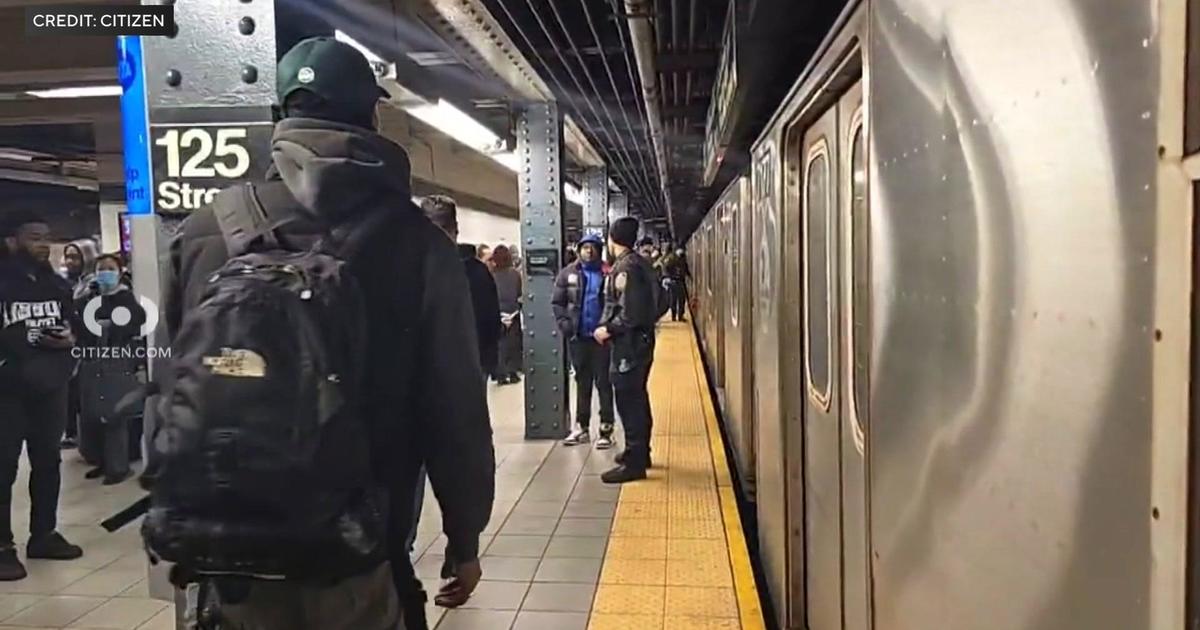NYC Woman Shares Journey To Emotional Recovery 'After 9/11'
NEW YORK (CBSNewYork) -- The scars from 9/11 aren't just physical; they're also emotional.
Helaina Hovitz attended I.S. 89 just blocks from the World Trade Center. She was just 12 years old when the attacks happened, and on her second day of seventh grade she watched the horror of 9/11 unfold right before her eyes.
"We were in the street from the time the second plane hit to the time the second tower fell trying to get home," she told 1010 WINS' Juliet Papa.
"Seeing people jumping, seeing people covered in blood, running and coughing and wheezing and screaming, and it was just nightmarish," Hovitz told WCBS 880's Peter Haskell. "It was a war zone."
It took an hour to make the 10-minute walk home. When she got there, her apartment was layered with dust, and the streets were littered with debris. Her sense of safety was shattered.
"All of a sudden, nothing was safe, nothing was OK, nobody could protect us because this was so much bigger," Hovitz said.
After the attacks, Hovitz said she was filled with anxiety, panic and worry.
"There were these typical symptoms of what we now know is PTSD," Hovitz said. "The nightmares and the flashbacks and the panic attacks and the crying and jumping at planes, but it became more complex as I got older and turned into depression and an inability to concentrate.
"There really was no getting back to normal the way that the rest of the city sort of was expected to."
Hovitz's grades plummeted in high school, and her symptoms became increasingly severe. She was diagnosed with depression and was prescribed Zoloft, but the medication didn't work. Hovitz said she grew distrustful, paranoid, hyperreactive and more panicked. The search for answers led to more therapists and more psychiatrists.
LINKS: 9/11 Memorial Museum | Commemorating 9/11
"They decided it was ADD (attention-deficit disorder) because of the inability to focus and concentrate. So they medicated me for that, and it either didn't work or I threw it up because I had a very low tolerance for medication. That became manic depressive; medicated for that, didn't work. Bipolar; medicated for that, didn't work," Hovitz said.
Her emotional descent continued.
"It started to feel almost hopeless, like how can I live the rest of my life like this when every day feels like I just need to survive?" Hovitz said. "Anywhere I went I was doing threat assessments like a veteran coming back from war."
By the time she was 18, she realized she had developed a drinking problem.
"It wasn't every day. I didn't binge drink every day. I didn't drink in the mornings. I graduated college with a 3.8 GPA over four years. I was very high-functioning, but I started to realize that once I started, I was having a very hard time stopping, and the consequences to that became bigger," Hovitz said. "The drinking really brought relief. It was the closest I could have to shutting off those thoughts in my head that were really unpleasant."
She wanted to stop, but couldn't.
"I was so scared to give it up because it was like what I thought was my life preserver," she said.
Finally, she found a therapist who connected the dots.
"She was the first one who made the connection that this looks like PTSD, this looks like it's related to 9/11," Hovitz said.
The counseling allowed her to turn the corner, and now she's living a life that she never would have dreamed was possible as a teenager. The 27-year-old has written a book about her experiences and hopes, "After 9/11: A Young Girl's Journey Through Darkness to a New Beginning," can help others who are struggling.
"Don't give up on yourself," Hovitz said.



